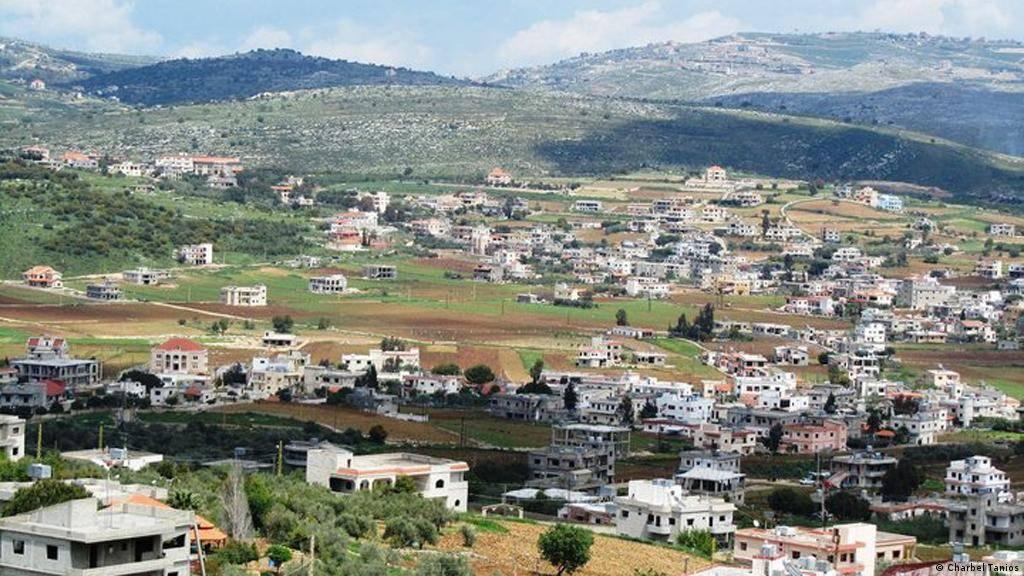Lebanon has moved towards accepting the jurisdiction of the International Criminal Court to investigate violations on Lebanese territory since last October, while Human Rights Watch said on Saturday that it is a “historic step” towards achieving justice.
Lebanon accused Israel of repeatedly violating its sovereignty and committing violations of international law over the past six months, while the Israeli army and the Hezbollah group exchanged fire across the border, with the Israeli war on Gaza continuing.
An investigation conducted by Reuters concluded that this cross-border bombing led to the deaths of at least 70 civilians, including children, rescue personnel, and journalists. Among the dead journalists was Issam Al-Abdullah, a Reuters correspondent, who was killed by an Israeli tank on October 13.
The Lebanese caretaker government decided on Friday, after a vote, to direct the Ministry of Foreign Affairs to submit a declaration to the International Criminal Court accepting the court’s jurisdiction to investigate and prosecute crimes within the court’s jurisdiction committed on Lebanese territory since October 7.
The decree also requested the Ministry of Foreign Affairs to include in its complaints about Israel to the United Nations a report prepared by the Netherlands Organization for Applied Scientific Research (TNO), an independent research institute.
The report dealt with the killing of Reuters correspondent Issam Al-Abdullah, and was prepared by examining shrapnel, bullet-proof vests, a camera, a tripod, and a large piece of metal that the agency collected from the scene of the accident, in addition to video and audio materials.
Lebanon and Israel are not members of the International Criminal Court, which is headquartered in The Hague. But submitting a declaration to the court would give it the power to investigate the relevant crimes and hold a trial within a specified time frame.
Ukraine made such declarations twice, allowing the court to investigate alleged Russian war crimes.
“The Lebanese government has taken a historic step toward ensuring justice for war crimes in the country,” said Lama Fakih, Middle East and North Africa director at Human Rights Watch, urging the foreign minister to formalize this step “quickly” by submitting a declaration to International Criminal Court.
“This is an important reminder to those who violate their obligations under the laws of war that they may find themselves in a courtroom,” she added.
